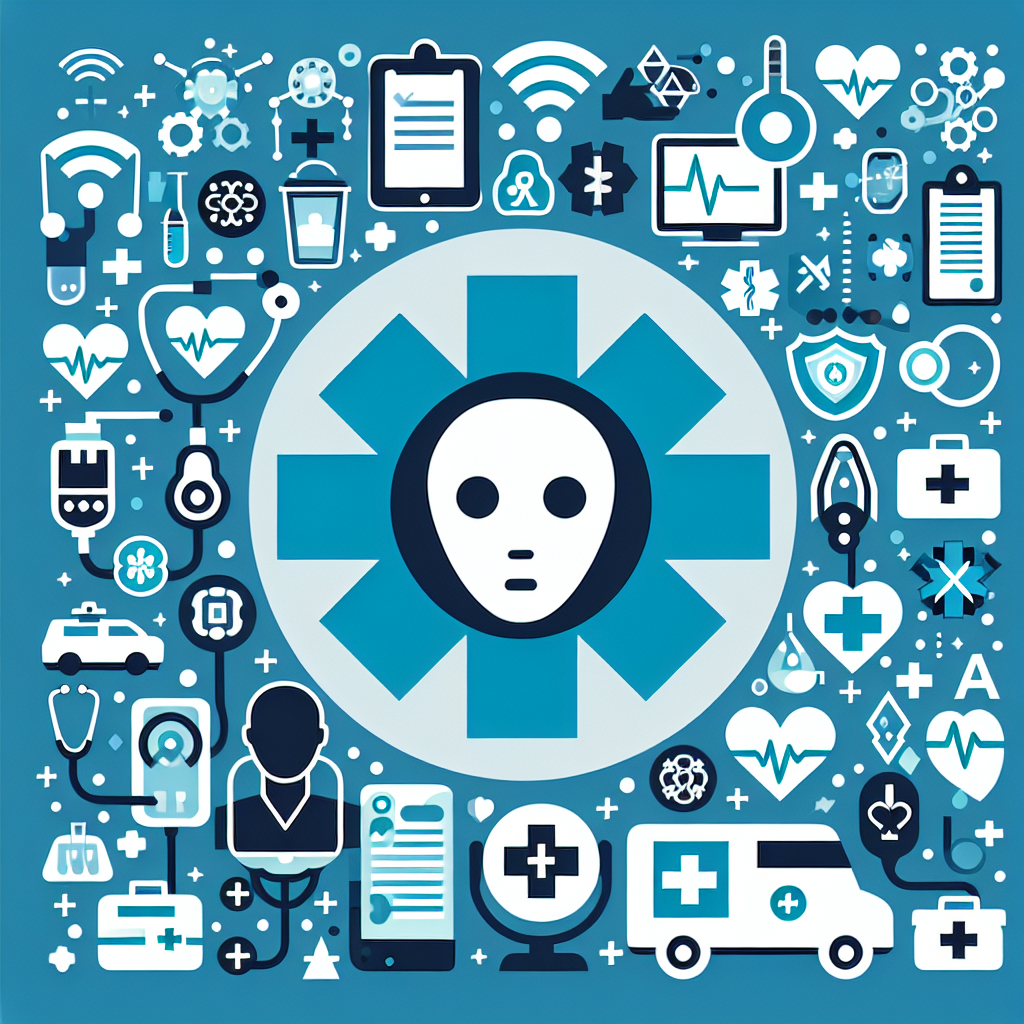In recent years, the healthcare industry has seen a significant increase in the use of artificial intelligence (AI) technology to improve patient care and outcomes. One area where AI automation is making a significant impact is in healthcare emergency preparedness. By leveraging AI technology, healthcare organizations can better prepare for and respond to emergencies, ultimately saving lives and reducing the burden on healthcare systems.
AI automation in healthcare emergency preparedness involves the use of machine learning algorithms and other advanced technologies to analyze data, predict potential emergencies, and streamline response efforts. This technology can help healthcare organizations identify at-risk populations, allocate resources more effectively, and improve communication and coordination during emergencies.
One of the key benefits of using AI automation in healthcare emergency preparedness is the ability to analyze vast amounts of data in real-time. By monitoring data from various sources, such as electronic health records, social media, and public health databases, AI algorithms can identify patterns and trends that may indicate an impending emergency. This early warning system can help healthcare organizations take proactive measures to prepare for and respond to emergencies, such as natural disasters, disease outbreaks, or mass casualty events.
AI automation can also help healthcare organizations optimize resource allocation during emergencies. By analyzing data on patient demographics, medical history, and geographic location, AI algorithms can help healthcare organizations determine the best way to allocate resources, such as medical supplies, personnel, and equipment, to areas that are most in need. This can help ensure that resources are distributed efficiently and effectively, ultimately improving patient outcomes and reducing the strain on healthcare systems.
In addition to predicting emergencies and optimizing resource allocation, AI automation can also improve communication and coordination during emergencies. By using AI-powered chatbots and other communication tools, healthcare organizations can quickly disseminate important information to staff, patients, and the public, helping to ensure a coordinated and efficient response to emergencies. This can help reduce confusion and improve the overall effectiveness of emergency response efforts.
Overall, the use of AI automation in healthcare emergency preparedness has the potential to transform the way healthcare organizations respond to emergencies. By leveraging AI technology, healthcare organizations can better predict, prepare for, and respond to emergencies, ultimately saving lives and improving patient outcomes. As the healthcare industry continues to embrace AI technology, the use of AI automation in emergency preparedness is expected to become more widespread, leading to a more resilient and effective healthcare system.
FAQs:
1. What are some examples of AI automation in healthcare emergency preparedness?
– Some examples of AI automation in healthcare emergency preparedness include using machine learning algorithms to predict disease outbreaks, analyzing patient data to identify at-risk populations, and using chatbots to communicate important information during emergencies.
2. How does AI automation help healthcare organizations prepare for emergencies?
– AI automation helps healthcare organizations prepare for emergencies by analyzing data in real-time to identify potential emergencies, optimizing resource allocation, and improving communication and coordination during emergencies.
3. What are the benefits of using AI automation in healthcare emergency preparedness?
– The benefits of using AI automation in healthcare emergency preparedness include improved prediction of emergencies, more efficient resource allocation, and better communication and coordination during emergencies, ultimately leading to improved patient outcomes and reduced strain on healthcare systems.
4. What are some challenges associated with using AI automation in healthcare emergency preparedness?
– Some challenges associated with using AI automation in healthcare emergency preparedness include ensuring the accuracy and reliability of AI algorithms, addressing privacy and security concerns related to patient data, and overcoming resistance to adopting new technology within healthcare organizations.

